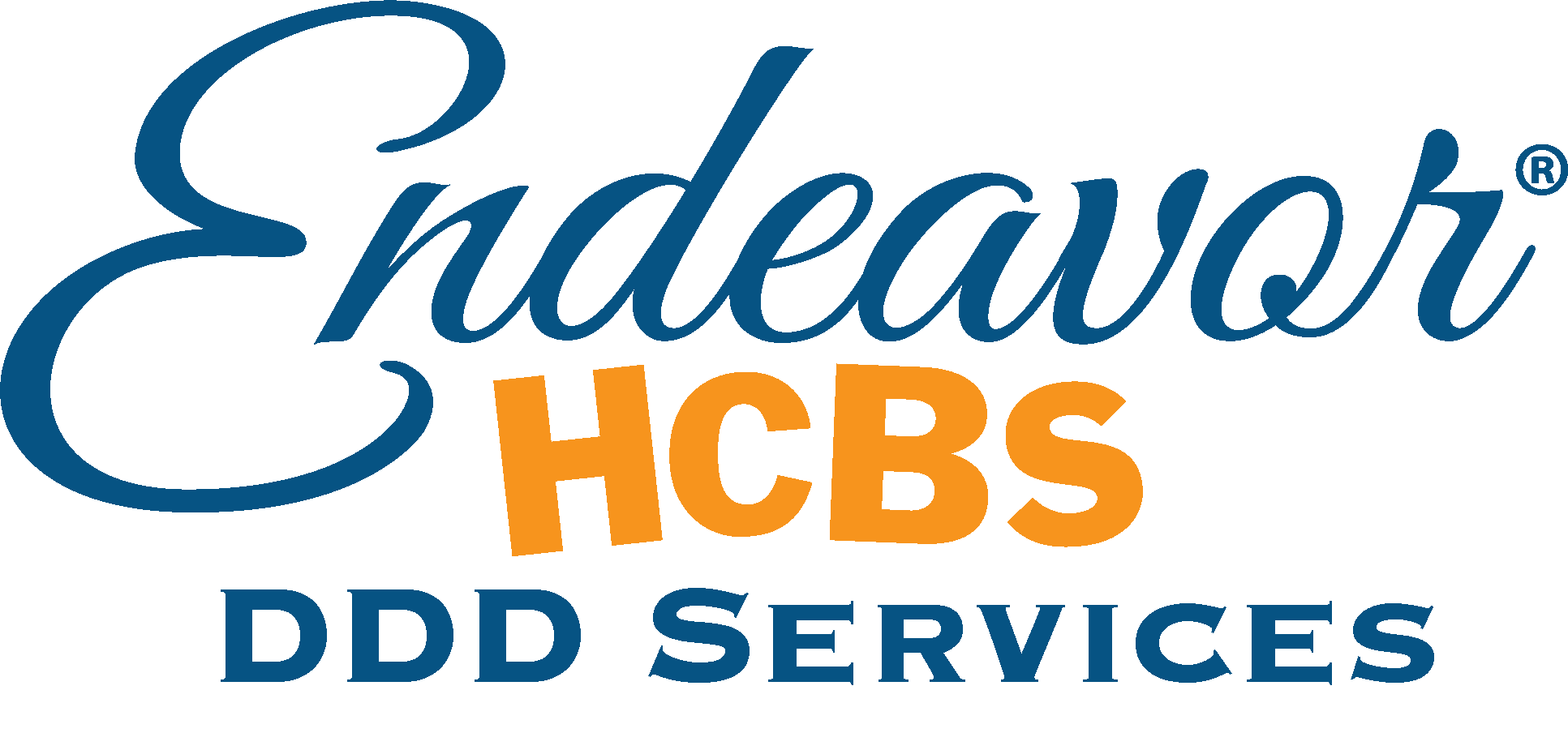
 It is an amazing feeling to know that you are protected, safe and cared for. Dads and moms thrive on making certain their kids are surrounded in the comfort of understanding their needs will be fulfilled, providing the safety net that permits them the self-confidence to explore the world around them. Yet there comes a point in all children’s lives when the craving for self-sufficiency is more compelling than the benefit of protection, and they have to discover firsthand what it means to stumble, fall and get back up again independently.
It is an amazing feeling to know that you are protected, safe and cared for. Dads and moms thrive on making certain their kids are surrounded in the comfort of understanding their needs will be fulfilled, providing the safety net that permits them the self-confidence to explore the world around them. Yet there comes a point in all children’s lives when the craving for self-sufficiency is more compelling than the benefit of protection, and they have to discover firsthand what it means to stumble, fall and get back up again independently.
These types of protective instincts quite often trigger once again for adult children who find themselves taking care of parents as they age. We wish to help them to reduce risks, to ensure they are safe from harm. Yet at the same time, it’s all too easy to fall into a pattern of overprotectiveness if we’re not always careful, which can result in feelings of bitterness as well as resentment on the part of the senior parents.
According to professor of human development and family studies at Pennsylvania State University Steven Zarit, “One of the scariest things to people as they age is that they don’t feel in control anymore. So if you tell your dad not to go out and shovel snow, you assume that he’ll listen. It’s the sensible thing. But his response will be to go out and shovel away … It’s a way of holding on to a life that seems to be slipping back.”
A recent study investigated the impact of stubbornness in older adults’ relationships with their adult children. While the seniors were less inclined to rate themselves as appearing stubborn, their younger loved ones more regularly noted stubbornness as an issue. The key for adult children is in knowing their parents’ reason for digging in their heels to hold onto their freedom and autonomy, and to avoid arguing and generating an attitude of defensiveness. Clear, open and truthful communication among both sides can go far towards smoothing the waters and making sure that each individual is heard and understood.
So what is the easiest method for taking care of parents without seeking to control them? A healthy dosage of patience, respect and empathy will go a long way. Positioning yourself within the senior’s shoes and knowing the importance of self-sufficiency allows adult children to step back, instead of stepping in. Allow the additional time an older adult needs to finish a task, rather than doing it for the person. Continue to look for opportunities to show the older person you appreciate his or her suggestions and recommendations. For additional suggestions about offering care that doesn’t cross the line, contact the San Diego home care experts at Endeavor Home Care by calling (480) 535-6800. And see our full California and Arizona service area here.


